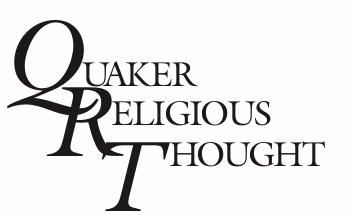
Abstract
Quaker theological and ethical frameworks are underappreciated resources for exploring the space, and (notably) the meaning, of the city, particularly in the ways that Quaker testimony—the holistic expression of the Quaker community’s core theological beliefs and ethical convictions in both individual actions and in an embodied communal “way of life”1—both undergirds Quaker work in environmental justice, and can inform conversations occurring at the intersection of urban planning, sustainability, and movements for social justice. When examined through the lens of historic Quaker approaches to the built environment, certain themes emerge, which—when placed in dialogue with contemporary concerns—frame an outline for a Quaker “theology of the city.”
Recommended Citation
Randazzo, Christy
(2023)
"A Quaker Theology of the City: Placing Quaker Testimony, Ecotheology, and “place” in Conversation,"
Quaker Religious Thought: Vol. 140, Article 3.
Available at:
https://digitalcommons.georgefox.edu/qrt/vol140/iss1/3
Included in
Christian Denominations and Sects Commons, Religious Thought, Theology and Philosophy of Religion Commons
